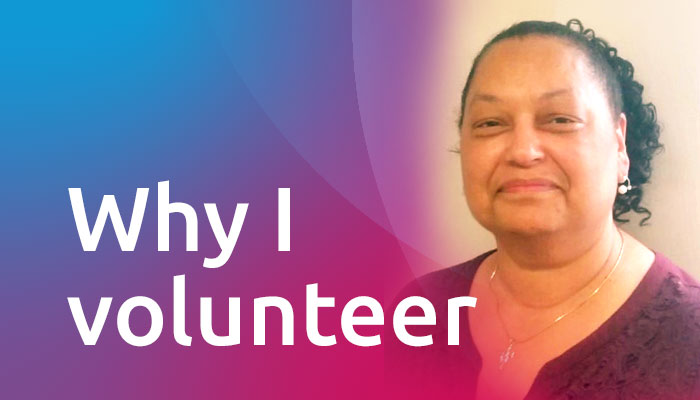Valinda Jones, M.S.N., RN, reflects on her work as volunteer with the OPTN Board of Directors and committees, and the importance of participation from transplant patients, caregivers and donation advocates.
What was your transplant experience?
I’m a 14-year kidney recipient. I am also a registered nurse and have worked in nursing and hospital administration most of my career—prior to my transplant my specialty was high-risk labor and delivery. After my dialysis and transplant experience, I made a career change to transplantation so that I could give back for my gift of life.
I received a living donor transplant June 9, 2009. My best friend was my original living kidney donor, and although we were a match we agreed to volunteer to participate in a kidney chain. I started the “Service Before Self” kidney chain with an altruistic donor who was a career Air Force member. She actually caused the U. S. Air Force policy to change its policy to allow her to be able to donate to me and stay on active duty. Since then she has helped many others in the Air Force become living organ donors too.
What committees have you served on?
I serve on the OPTN and UNOS Board of Directors, the Nominating Committee and the Executive Committee. Since 2022 I have been the Vice President for Patient and Donor Affairs, one of the Board officer positions. I am also a Visiting Board Member for the Minority Affairs Committee (MAC). I have previously also had the pleasure of serving on the Kidney Transplantation Committee and as the Visiting Board Member for the Policy Oversight Committee (POC), the Patient Affairs Committee (PAC), the Transplant Administrators Committee (TAC) and the Transplant Coordinators Committee (TCC).
What can a patient perspective bring to policy development?
Being a member on the Board of Directors, or on any of the committees, is an opportunity to ask questions and pose alternatives that the healthcare professionals may not think of but that are important to patients and families. Their focus can be so clinically oriented that they may lose sight of the day-to-day practical things.
What do you want people to know about getting involved?
I encourage people that have gone through a transplant, particularly those who are brand new, as well as those that are long-term transplant recipients, to get involved and to advocate on behalf of the patients. Because again, we’re our own best advocates and we are the most important role on the board and on the committees to give that voice to the patients.
5 things to know about volunteering for the board or a committee.

